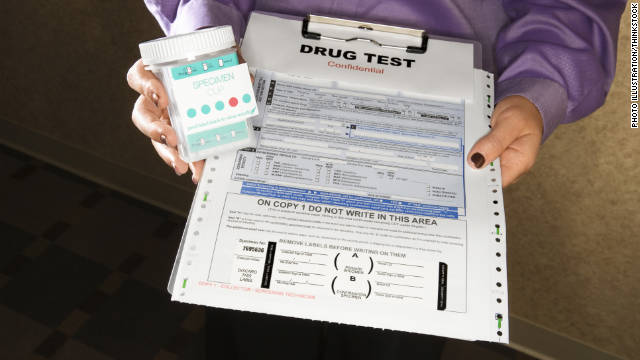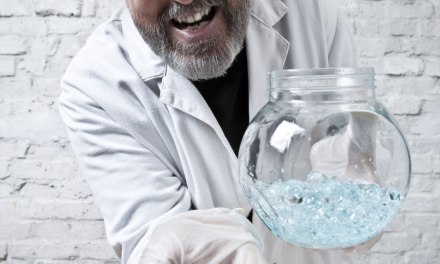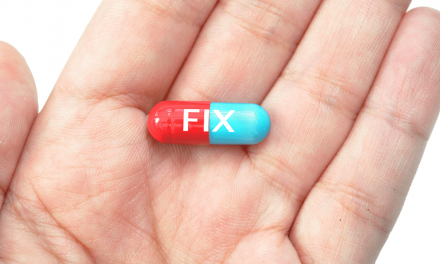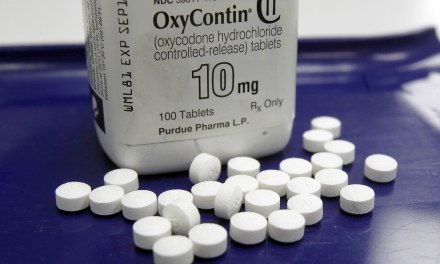As it turns out, thousands of drug tests administered by prison authorities in California, our most populous state, have apparently been invalidated. The culprit: our old enemy, lab error.
Here’s the story, from a recent issue of The Guardian:
Revealed: drug tests in California prisons yielded false positives, affecting thousands of people
That’s not good. Especially given the possibility of requests for parole that were (or will be) wrongfully denied on the basis of a false positive result.
How this mess came about: During a three-and-a-half month span of 2024, the private lab’s testing process changed due to a temporary shortage of a common chemical reagent. A replacement chemical was found and put into use. Suddenly, authorities began to see very different results from the testing process.
For instance:
“From January through April, when the normal chemical was being used, the monthly positive opiate rate… ranged from 6.6% to 6.8% .” But once the new reagent chemical was introduced, the results changed dramatically, to “…17.1% (positive) in May, 20.5% in June and 17.1% in July.” Whoa.
Then, in August, when the original reagent was finally available, the rate of positive tests returned to previous levels — literally overnight. And stayed that way through the end of the year.
I guess that would be a victory for quality assurance monitoring. One that will almost certainly lead to a large number of parole verdicts that will need to reviewed again, and quite possibly overturned.
Bad as this was, it pales compared to the Baltimore police lab scandals of 2008, where investigators found a longstanding pattern of “evidence contamination, significant backlogs, and allegations of misconduct by officers” around the testing process– going back more than seven years.
In one stunning example of negligence, “…DNA from lab employees was found mixed with crime scene evidence.”
The larger outcome of such scandals? A general loss of confidence in the testing process, and in the Courts that rely on them — confidence that, once lost, is not easy to restore.
Today, treatment programs rely on urine testing to monitor compliance with abstinence requirements, including those set by the Court. I don’t know how often we question the findings, but it makes me think that a critical examination of our own procedures, say on a quarterly and yearly basis, might be a heck of a good idea. Expensive perhaps , but worth it.













